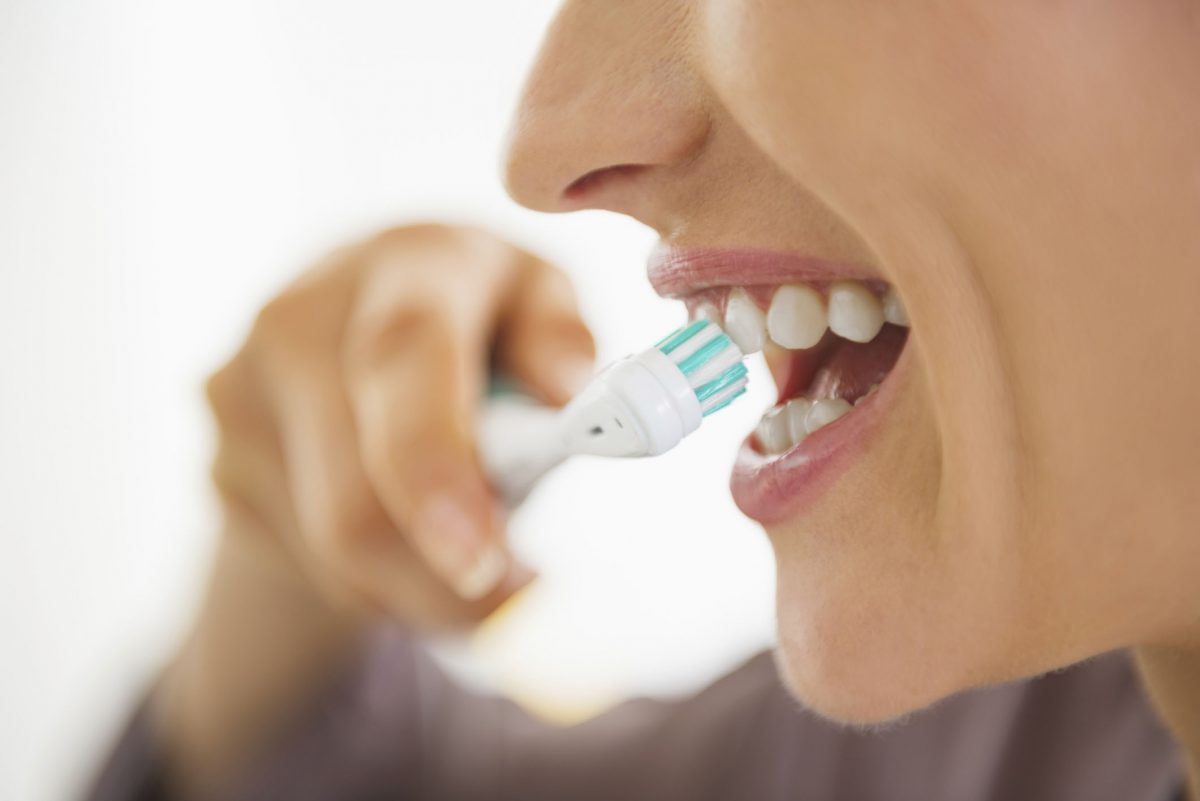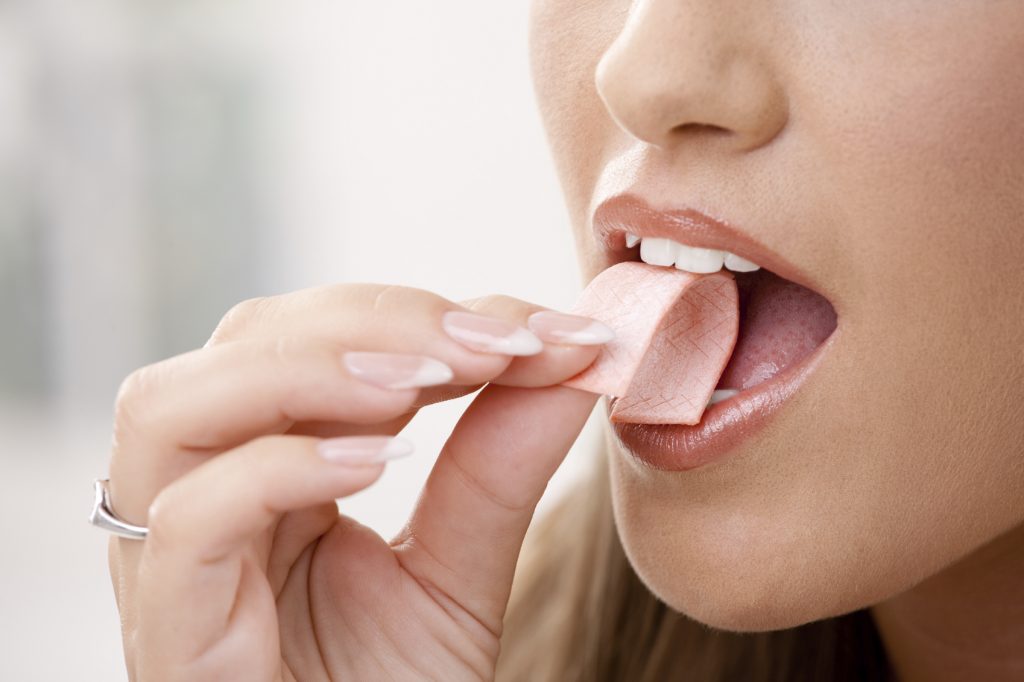Dry mouth can be caused by a natural inability of your glands to produce sufficient saliva, medication, aging issues, or as a result of radiation therapy. Dry mouth is a condition in which one’s salivary glands produce an insufficient amount of saliva to keep your mouth wet.
Saliva is important because it naturally prevents tooth decay by neutralizing acids, limiting bacterial growth, and washing away food particles throughout the day. It also makes food consumption easier as enzymes in the saliva aid in the breakdown of food. While dry mouth is an inconvenience, it can also have a notable impact on your general and oral health.
Dry Mouth Habits:
– Consumption of caffeine and alcohol
– The use of tobacco, antihistamines, and decongestants
– Consumption of sugary, acidic, spicy, or salty foods
Common Symptoms:
– Dryness or sticky mouth feel
– Bad breath
– Dry or grooved tongue
– Difficulty chewing, speaking, and swallowing
Complications:
– Increased plaque
– Mouth sores
– Tooth decay
– Gum disease
– Sores or split skin around the mouth
Due to the variety of causes for dry mouth, it’s important to discuss any concerns you may have with your doctor. Your dentist however may be a good resource for suggestions about protecting your teeth.
At-home remedies:
– Sip water or chew ice chips during the day and during meals
– Chew sugar-free gum
– Over-the-counter saliva substitutes
– Breathe through your nose
– Utilize a humidifier
Contact Dr. Ahmadi today at 323-312-0500 to schedule a consultation or visit www.dentalandimplantcare.com for additional information.
Dr. Mike Ahmadi proudly serves Bell and all surrounding areas.


